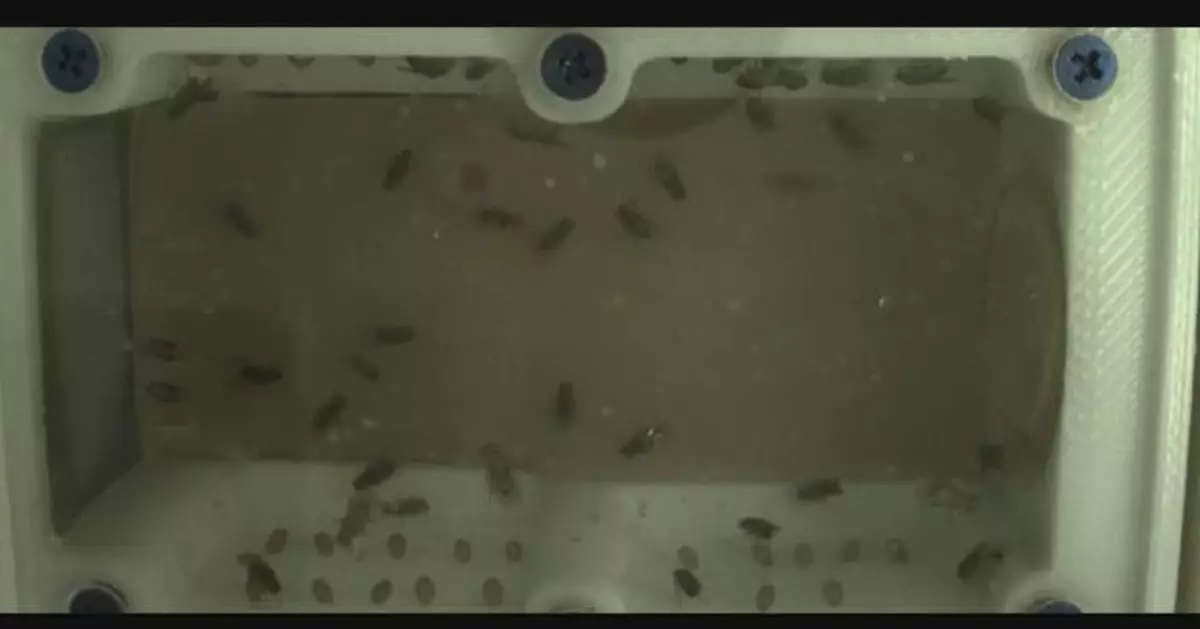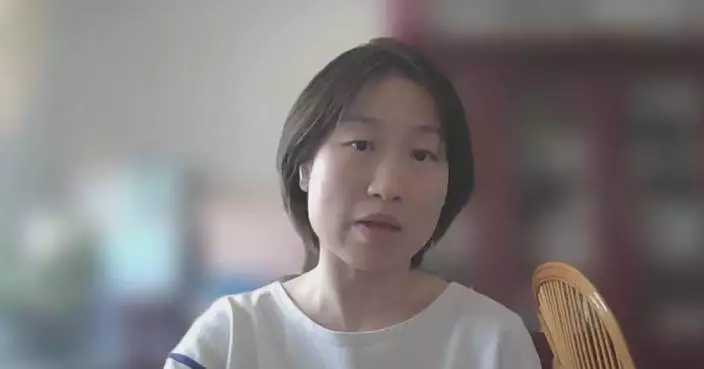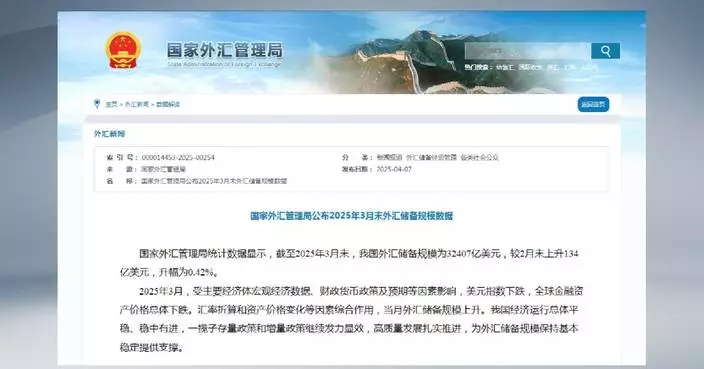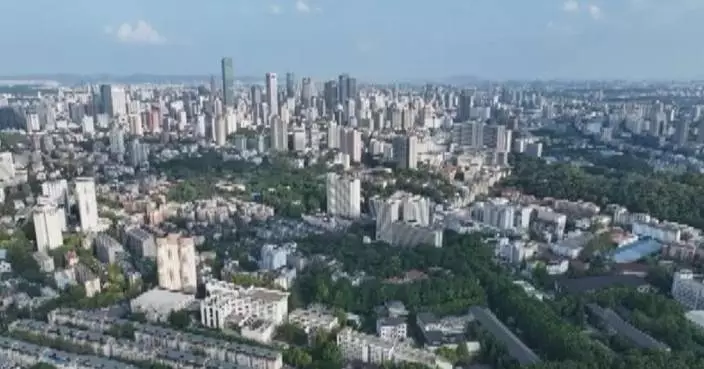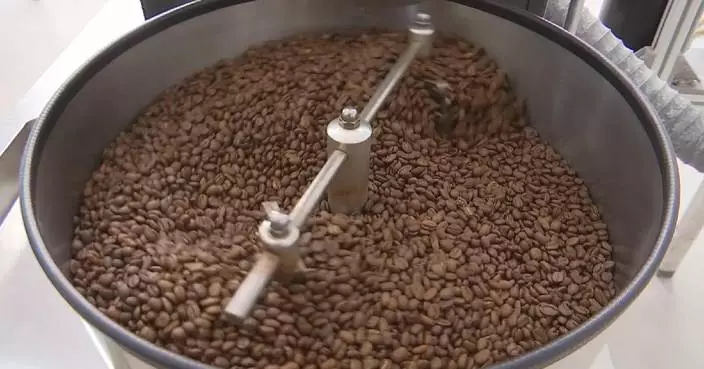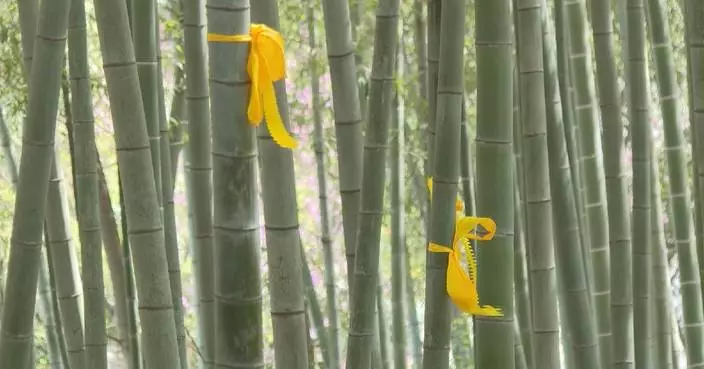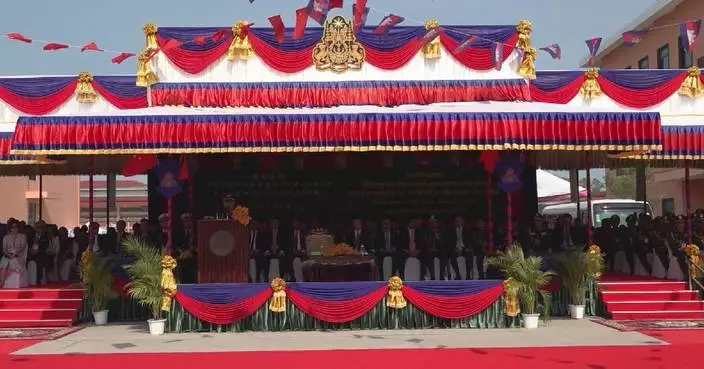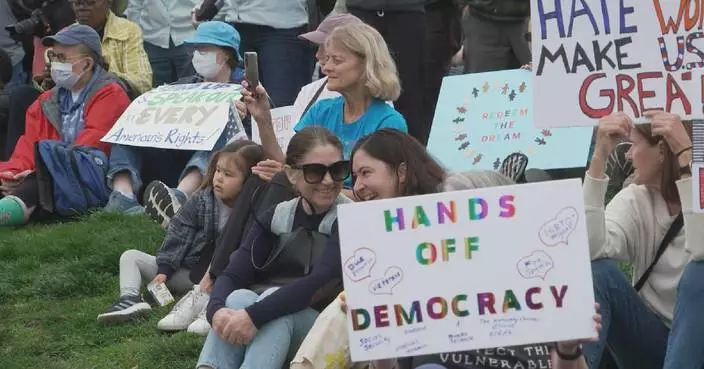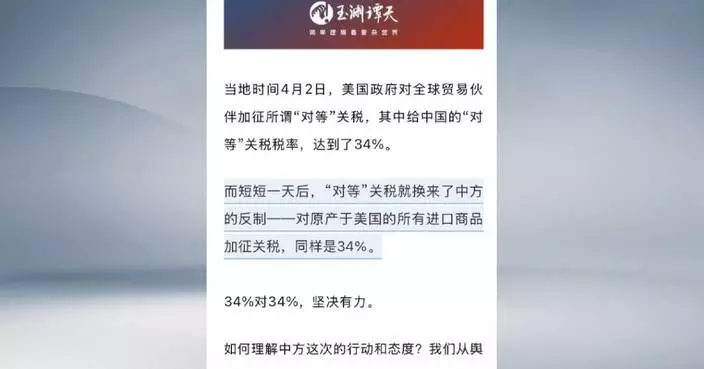In a groundbreaking experiment, Chinese researchers are studying the behavior of fruit flies in orbit, marking a significant step forward in the country's quest to advance space science.
For over 100 years, scientists have been studying the humble fruit fly, a tiny insect that feeds on fruit, due to its unique characteristics that make it an ideal model organism for research.
Researchers from the Institute of Biophysics under the Chinese Academy of Sciences have been analyzing videos that monitor the growth, reproduction, and behavior of fruit flies aboard China's orbiting space station, in an effort to better understand the impact of the space environment on animals.
The fruit flies aboard Tianzhou-8 cargo craft were sent into space on November 15, 2024.
"We found that fruit flies can court, mate, and reproduce in space just as they do on Earth. During these processes, we have observed some new behavior patterns that are very different from those seen on the ground. For example, they can crawl and fly on Earth, but in space, they float or even perform somersaults. We are now utilizing video processing and artificial intelligence technologies to assist with our analysis," said Li Yan, a researcher with the Institute of Biophysics.
After about two months of in-orbit cultivation, the fruit flies have already bred into a third generation, and astronauts have collected samples from each generation. Researchers have obtained over 4TB of video data on the fruit flies.
Samples of the fruit flies are expected to be brought back to Earth by the Shenzhou-19 crew in April 2025.
"We're also looking forward to receiving the fruit fly samples, which are expected to return to Earth by the end of April 2025. We plan to conduct genetic analysis, focusing on the DNA and RNA of the fruit flies. By combining our study results with the video data, we aim to explore the connection between changes of fruit flies' genetic expression and behavior. In the next phase, we hope to gain deeper insights into how the space environment affects animals," said Li.
Since China's space station entered its application and development stage on December 31, 2022, more than 180 scientific and application projects have been carried out in orbit, with nearly two tons of scientific materials delivered and close to 100 types of experimental samples returned.
China's space station will conduct more than 1,000 research projects, promote science popularization and enhance international cooperation over the next 10 to 15 years, according to the Technology and Engineering Center for Space Utilization under the Chinese Academy of Sciences.
In the field of space life science and human research, efforts will be made to deepen research in basic biology, biotechnology and transformation, life ecology, and the origin of life, to further reveal the impact mechanisms and response patterns of the space environment on life, it said.
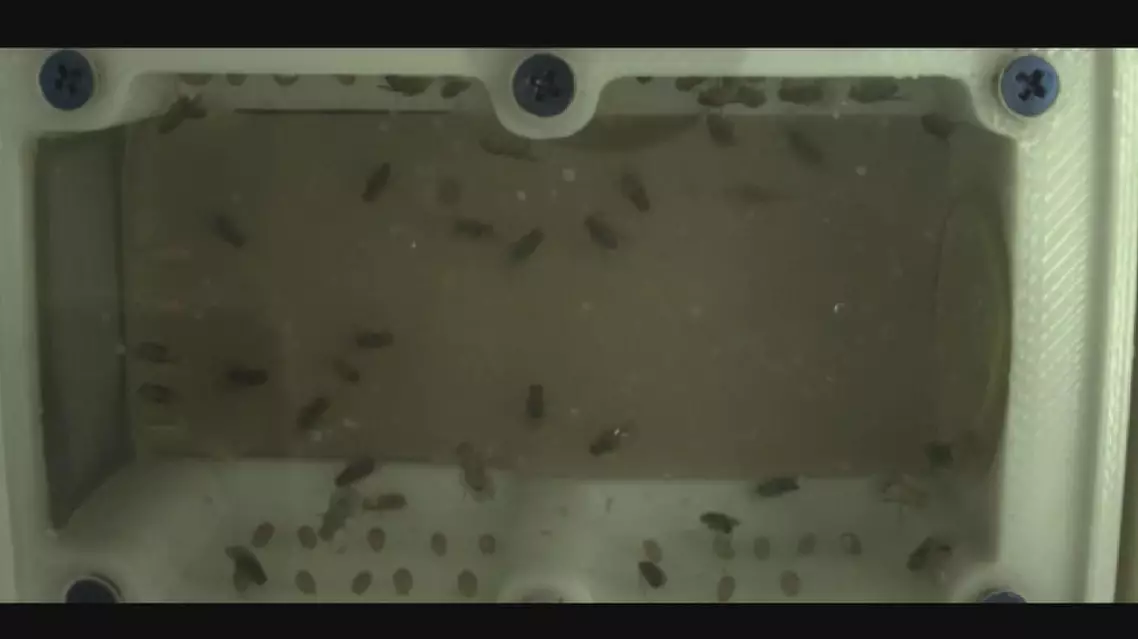
China initiates in-orbit fruit fly experiment to advance space science
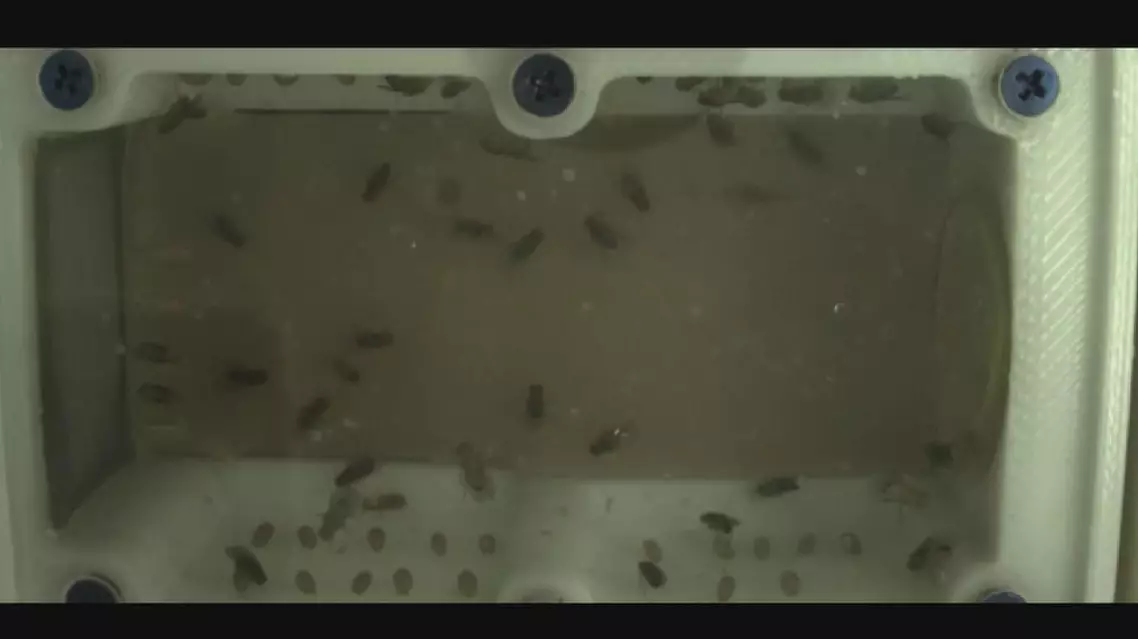
China initiates in-orbit fruit fly experiment to advance space science


